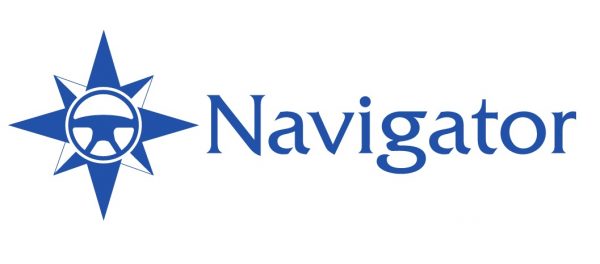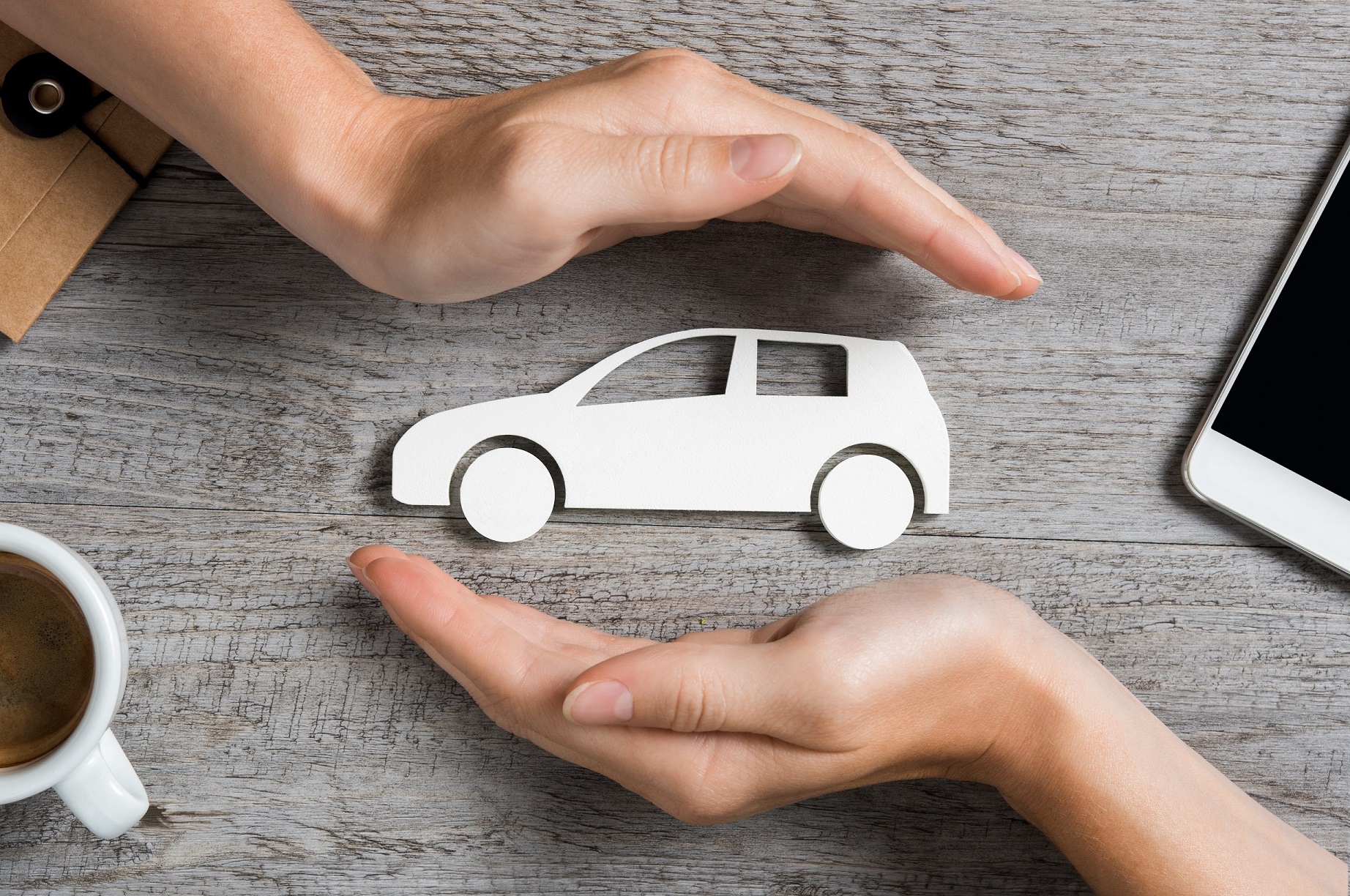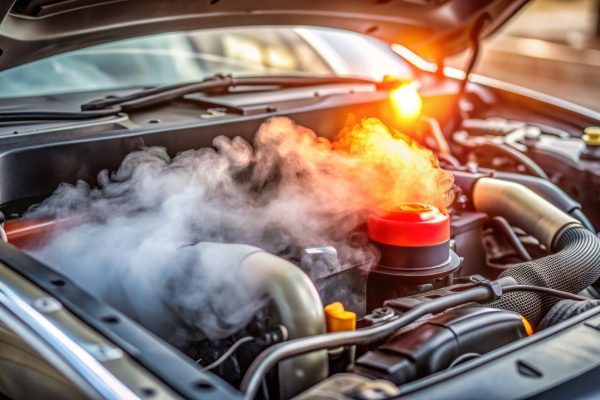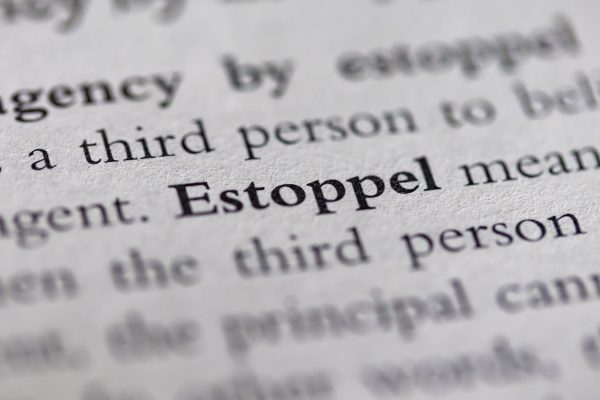One of our members is facing potential legal proceedings because a customer’s vehicle was stolen after it was delivered to them for repairs. So, what are your legal obligations in such a situation? The starting point is assessing the legal relationship between the repair garage and the customer.
Bailment is one of the most common legal relationships that many businesses find themselves in with consumers. Below are some examples of bailment relationships.
- A company hires a fleet of cars for its employees to use.
- A debtor pledges its mobile assets as security for a loan.
- A trucking or shipping company receives goods to be transported.
- A seller supplies goods on retention of title terms.
- A buyer takes goods on approval.
- A consumer delivers goods to a repairer or cleaner to be serviced.
Under a standard bailment relationship, the bailor (e.g. the owner or registered keeper of a vehicle) retains the reversionary right to the goods, while the bailee (e.g. the repair garage) has possession of the goods for a limited period (e.g. when a vehicle is taken to the garage for repair or service). It is important to note that the bailor may not be the owner of the goods, but very often will be.
A bailment arises whenever:
- there is voluntary possession by one person (A) of another person’s (B) goods
- the goods are tangible movable chattels, such as cars, animals, cargo, and artworks
- (A) gives express or implied consent to possessing (B’s) goods
Once a bailment is established, particular duties arise. The main duties of a bailee (e.g. a repair garage) are:
- to perform the promised task
- not to deviate from the terms of the bailment
- to take reasonable care of the goods
- to answer for the deliberate misdeeds of employees to whom any part of the bailee’s duty of care has been entrusted
- to not deny the bailor’s title
- to deliver the goods in accordance with the terms of the bailment. There is no requirement for the bailee to deliver the goods (e.g. a repaired vehicle) to the bailor (customer, e.g. the owner or registered keeper of the vehicle) unless this has been previously agreed. The bailee only needs to ensure that the vehicle is available for collection by the bailor.
The main duties of a bailor (e.g. the owner or registered keeper of a vehicle) include:
- to pay for any agreed service undertaken by the bailee
- to collect the goods at the appointed or within a reasonable time
- to indemnify the bailee against costs incurred in preserving the goods against certain extraordinary hazards
- to answer for the safety and suitability of the goods
Whether these duties are applicable will depend on the bailment relationship.
It is generally accepted that a bailee (e.g. repair garage) must take reasonable care of the bailor’s goods. Therefore, if a customer takes their vehicle to a repair garage for repair and the repairer agrees to carry out the works, there is a general duty of care imposed upon the repairer not to modify the vehicle and to protect it from theft, loss, or damage.
The bailee’s duty of care is bolstered by a powerful burden of proof. Once the bailor (e.g. owner or registered keeper) establishes their vehicle has been lost, stolen, damaged, or destroyed while in the bailee’s voluntary possession, the bailee (e.g. repair garage) is liable unless they can prove they did not breach their duty of care or that any admitted duty of care breached, did not contribute to the occurrence.
It is important to note that as a bailee (e.g. repair garage), you are also responsible for the negligence of your employees in the course of their employment and for any deliberate wrong (including malicious damage, theft, and complicity in theft).

Our dealers use us to help them be more Efficient and Profitable!
You can use our Dealer and Lead Management software to integrate all dealership departments, both online and physical ; providing all in-house functions; Invoicing, Stock Management, Accounting and Marketing as well as interfacing for advertising, ecommerce and more.
Is there a requirement on the bailee (e.g. the repair garage) to insure a vehicle against hazards while it is on their site for repairs? Generally, no, although there are some exceptions. However, be mindful that the bailee (e.g. repair garage) will be liable where hazards do result from the bailee’s default, irrespective of whether they have insurance cover in place.
In cases where a consumer delivers a vehicle to a repair garage for repair but refuses to pay for the works carried out, can the bailee (e.g. repair garage) keep the vehicle until the bailor (e.g. owner or registered keeper) pays up? The short answer is yes. A bailee (e.g. repair garage) who is entitled to a lien over the goods may retain possession of such goods pending payment of the sums owed by the bailor (e.g. owner or registered keeper).
Can a bailee (e.g. a repair garage) charge for keeping the vehicle, for example, storage charges? Generally, a repair garage cannot recover either the cost of or any contractual remuneration for keeping the vehicle during the period of the lien. Furthermore, a bailee (e.g. repair garage) may assert a lien (e.g. the bailee keeps the vehicle while money is owed to them) not only against the owner or registered keeper of a vehicle but also against a third party with a superior interest in the vehicle, for example, the true owner – a finance company.
One common question from some of our members is whether they can sell the customer’s vehicle to settle an unpaid debt. A common law lien generally confers no right of sale, although such a right may be conferred by statute or contract. Accordingly, a bailee (e.g. repair garage) who detains a vehicle to a common law lien, may not in general sell the vehicle and take what is owed out of the proceeds of sale.
It is important to note that a lien differs from a pledge, a bailment for a reward, under which the bailor (e.g. owner or registered keeper) bails the vehicle as security for a debt or other obligation. Under a pledge, a right of sale is automatically conferred on the bailee (pledgee) in the event of a default by the bailor (pledgor).
A bailee (e.g. repair garage) who wrongfully sells the bailor’s vehicle may incur liability to the bailor for breach of contract, tort, or breach of bailment.
If you find yourself in a situation where the customer has not paid for agreed repairs, instead of selling the customer’s vehicle or any of its parts, contact Lawgistics for advice.







